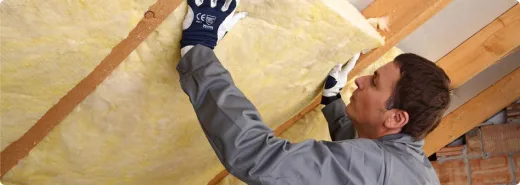INSULATION
Wanna Windows offers a complete line of insulation products for both residential and commercial applications.

By reducing energy usage, fiberglass insulation allows your heating and cooling systems to operate with greater efficiency, which decreases energy use, may reduce your energy bills and limits the release of greenhouse gases into the atmosphere. Fiberglass insulation helps you — and all of us — do more while consuming fewer resources.
Fiberglass resists heat transfer in attics, ceilings, ducts, floors, piping and walls in buildings and applications of all types. That’s why it’s been widely used in construction for more than 80 years.
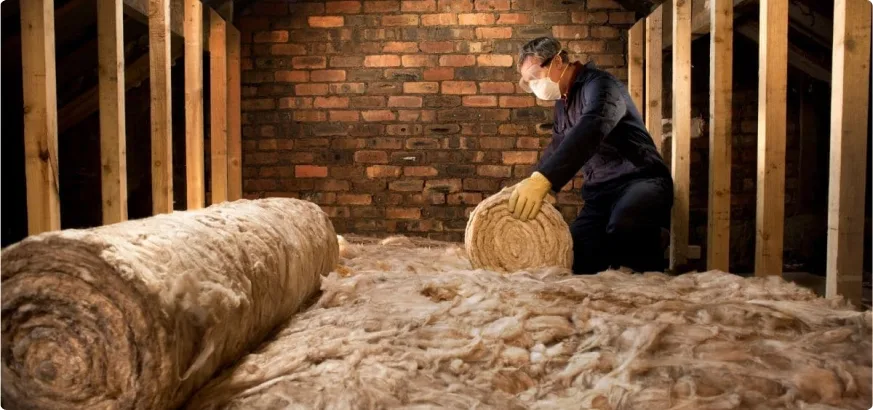
INNOVATION & ADVANCED MATERIALS FOR YOUR PROJECTS

SUSTAINABILITY & PERFORMANCE
THE BEST OF BOTH WORLDS
What’s in the insulation you choose is just as important as how well the fiberglass insulates. At Knauf Insulation, we truly believe this, which is why we eliminated traditional phenol-formaldehyde (PF) and replaced it with the world’s first bio-based fiberglass insulation binder.
Homeowners, businesses and institutional owners all share common concerns about the sustainability of their buildings and construction materials. That’s why we manufacture fiberglass insulation with renewable materials such as sand and glass recycled from many sources, including glass bottles and other resources destined for landfills. The result? Fiberglass insulation that promotes both energy efficiency and sustainability. It can even save the amount of energy it took to make it in just hours or days.
FIBERGLASS INSULATION ENGINEERED
TO HIGHER STANDARDS
We supply fiberglass insulation to meet the following environmental
and building standards.





COUNT ON FIBERGLASS TO EFFICIENTLY INSULATE HOMES,
COMMERCIAL, INDUSTRIAL AND INSTITUTIONAL BUILDINGS
WHAT IS INSULATION R-VALUE?
Simply put, It’s the ability to resist heat flow — insulation's thermal resistance. The R-value can depend on the thickness and density of the product.
Insulation R-value is the industry standard. When it comes to insulation, the higher the R-value, the better. What R-value is right for you? It all depends on where you live.
WHAT IS INSULATION R-VALUE?
If a space has variations in thermal comfort or the owner wants to reduce heating and cooling costs, professional installers as well as do-it-yourselfers (DIYers) can enhance the efficiency of heating and cooling systems and may reduce costs by adding fiberglass insulation. But first, you’ll need to determine the R-value you want to achieve. We've got tips to help you determine your R-value and plan your next insulation project.
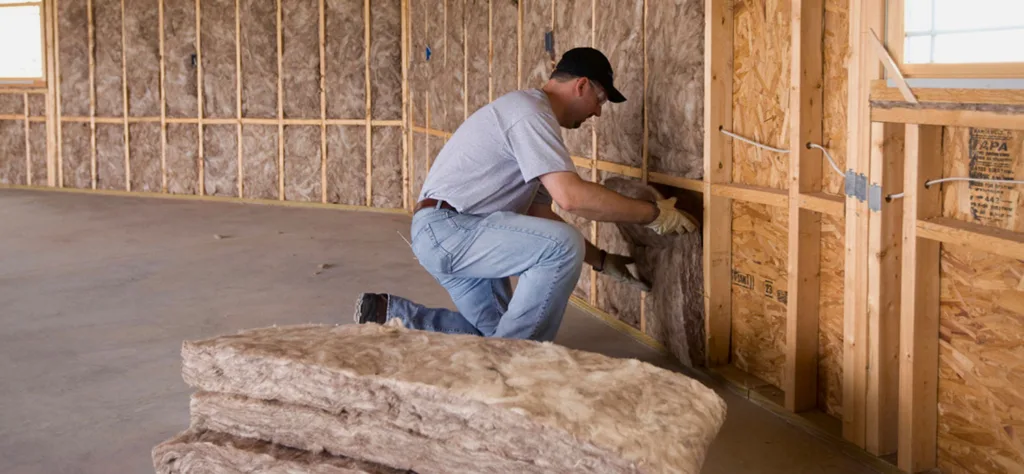
Locate Your Climate Zone
For houses in the northeastern United States or other colder areas, you might need attic insulation with an R-value as high as R-60. For houses in a southwestern state or other areas with generally warmer temperatures, you might need attic insulation with an R-value of only R-30. How do you determine the amount of insulation you might need or what your local building code requires? It’s simple. Use the zone map to determine the U.S. Department of Energy R-value recommended for your geographic zone. Local requirements may differ from the DOE map, so be sure to consult your local building code or code official.
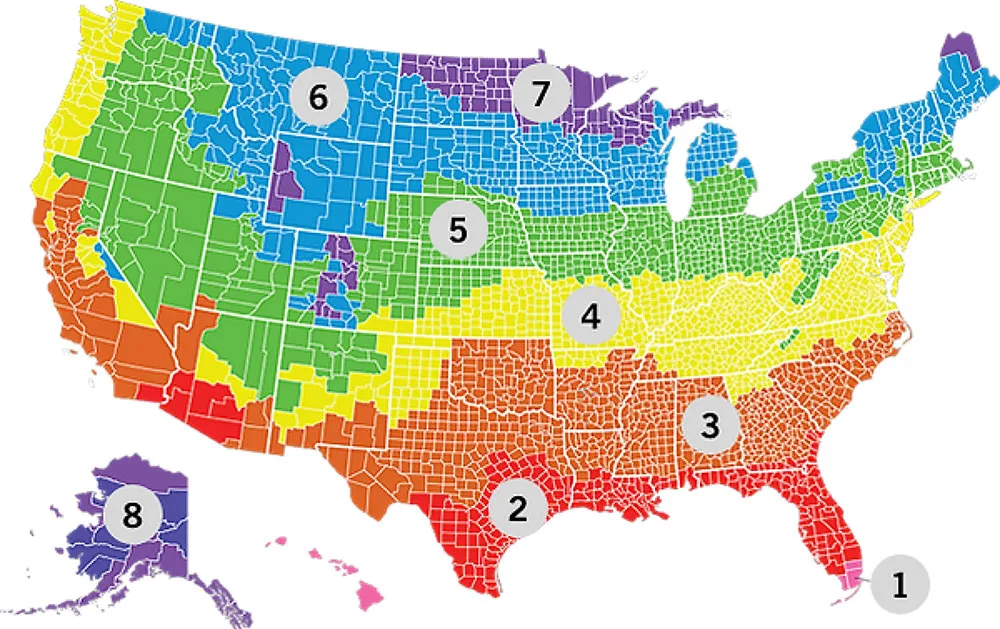
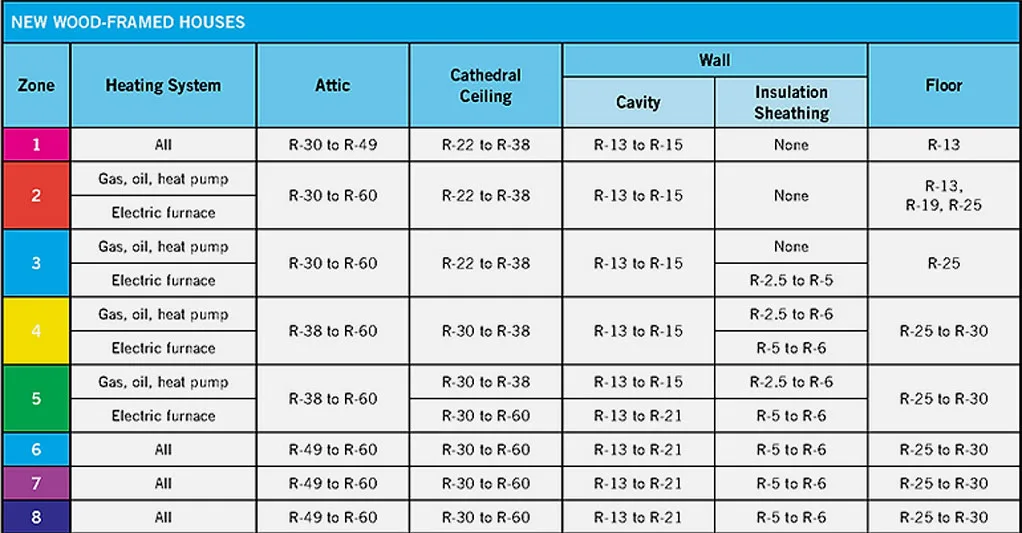

0 Ozone Depletion spray from UPC
We use 0 Ozone Depletion spray foam from UPC (Universal Polymers Corp). Spray foam can save you 20-30% a year in heating and cooling costs.
Get In Touch With Wanna Window Today To Speak To A Professional About Your New Insulation Project.
